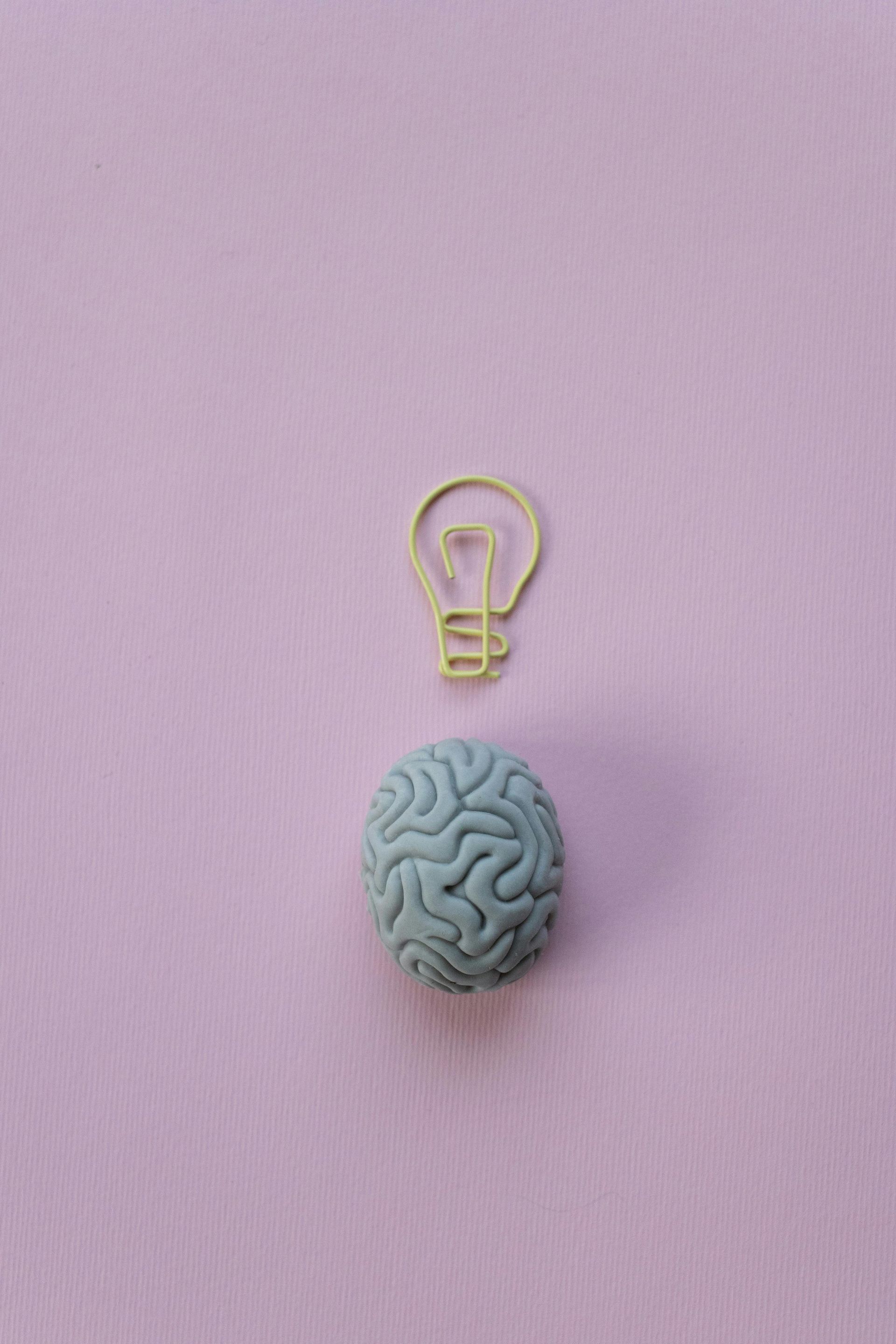Want to age better? Why exercising's the best for arthritis
Exercise is one of the best things you can do to both improve pain from arthritis and reduce your risks of experiencing it as you age
Did you know that exercise can be as effective as ibuprofen in reducing pain from arthritis?
It seems counter-intuitive, I know. Surely, if you're in pain, the best thing is rest, right?
Wrong. The best thing is movement.
That's because exercise can reduce something called "central sensitisation". Meaning it makes your body less sensitive to pain signals.
In fact, studies have shown that physical activity can reduce pain and improve physical function by about 40% in arthritis patients!
What type of exercise is best to to reduce pain?
Good news - pretty much all exercise works!
But stretching and resistance work seem to have the best results. So Pilates which incorporates resistance and flexibility work, is excellent for arthritis.
For the sake of balance (in case you think I'm biased - I am BTW), tai-chi and yoga are also both good options.
But if this is too much for where you are today, start with gentle stretching.
Things like:
- Reach your arms above your head.
- Point and flex your toes.
- Roll your ankles.
- Gently move your head side to side.
- Rock your hips left to right.
- Bend and straighten one knee at a time.
If you're feeling too stiff to move at all, have a hot bath or shower before your stretch to loosen things up a little.
It's not just about dampening the pain response
Humans are made to move.
If you don't move, arthritis or not, your muscles can stiffen in whatever position you habitually hold (desk posture, I'm lookin' at you!).
And when your muscles stiffen into a particular position, this reduces your range of movement further, making you more likely to:
- lose balance and fall over (which increases your risks of arthritis)
- move even less (creating a vicious circle).
When you have osteoarthritis, your joint cartilage becomes thinner and rough.
But doing regular exercise can help your cartilage to re-grow. In fact, researchers have found that that quick high impact movements, e.g. hopping, stimulates bone growth and cartilage development, helping keep them healthy and strong.
This also helps to reduce the risks of muscle and bone density loss.
Game of hopscotch anyone?
Does exercise cause osteoarthritis?
I'm speaking directly about osteoarthritis (oa) here, because rheumatoid arthritis is an autoimmune disease and not something we can control.
Because I hear people saying that certain types of exercises, like running, are "bad" for your joints and make you more likely to experience oa.
If this was true, you'd think that professional sports people would have higher rates of osteoarthritis than the general population.
In fact, research shows oa prevalence is about the same across both populations. And - bonus - there's no good evidence linking running and oa in the knees. Yay for you if you're a runner!
What are the risk factors for osteo-arthritis?
So if sports in general, and running in particular don't seem to be risk factors what are?
One of the biggest risk factors is excess body weight.
Please do not think I am body- or fat-shaming anyone - we all find managing our weight more difficult as we get older.
But excess body weight puts extra weight on your joints, especially knees and hips.
It's estimated that we exert a force of nearly 3-6x our body weight across the knee while walking. So any increase in weight, increases the force by this amount. Meaning 1kg additional bodyweight = 3-6kg of extra force on the knee.
We also know that excess body weight increases risks of inflammatory diseases like diabetes and high cholesterol. And oh, joy, those too are risk factors for oa.
After excess body weight, the next biggest risks are:
- joint injury such as fractures or strains;
- bone deformities which cause misalignment;
- genetics;
- being over age 45;
- and being a woman.
What type of exercise is best to reduce your risk of oa?
Obvs, we can't do anything about bone deformities, genetics, our age or gender, but we can still rely on exercise to be our friend!
I've already mentioned impact-based exercise to encourage bone strength and cartilage growth.
- E.g. running, hopping, step aerobics.
No conversation with me would be complete without me talking about the benefits of resistance exercise to build stronger muscles and bones.
- E.g. Pilates, lifting weights, swimming, deep water aqua-aerobics.
And knowing that injuries can be a risk factor, balance and flexibility work are essential to reduce our risks of falling and hurting ourselves.
- E.g. Pilates, yoga, PiYo, tai-chi, stretching, brushing your teeth while standing on one leg.
Yes, I know I put Pilates multiple times as a great way to both reduce oa pain and reduce risks of getting it. What can I say? Pilates is great!










